As we get closer to the November 2020 election, attempts to mislead voters are ramping up. And we are partly to blame, as our partisan biases lead us to accept the facts we agree with and dismiss the ones we don’t. Add in social media, and the bias bubble can become even more isolated. Whitney Phillips is an assistant professor at Syracuse University who teaches media literacy, misinformation and disinformation and political communication. Soledad O’Brien speaks with her about how the combination of our own biases and social media can shape what we believe.
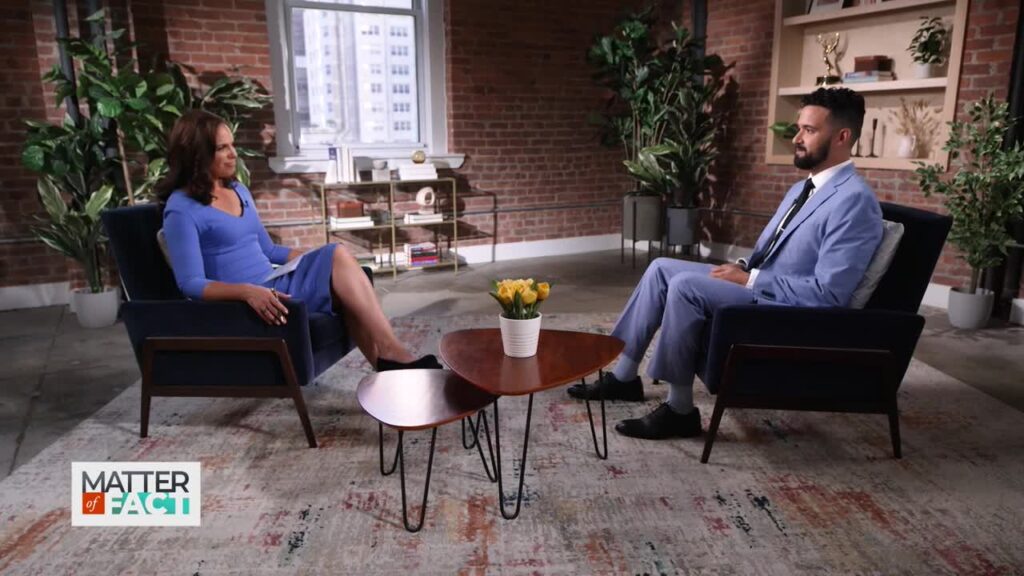
Disinformation Campaigns Target Latino Voters
June 16, 2024Disinformation Campaigns Target Latino Voters
June 16, 2024
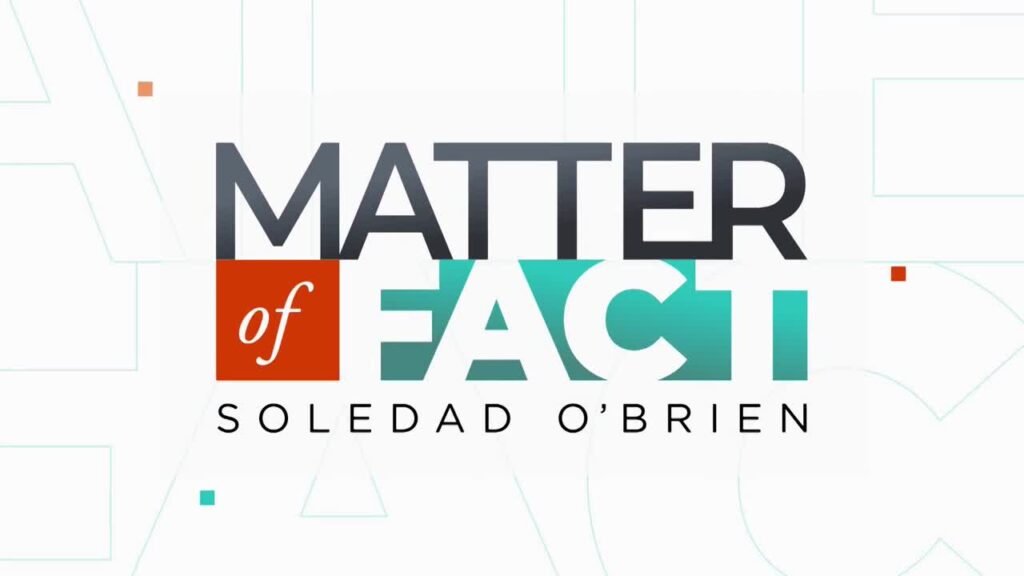
JUNE 15, 2024
June 16, 2024JUNE 15, 2024
June 16, 2024
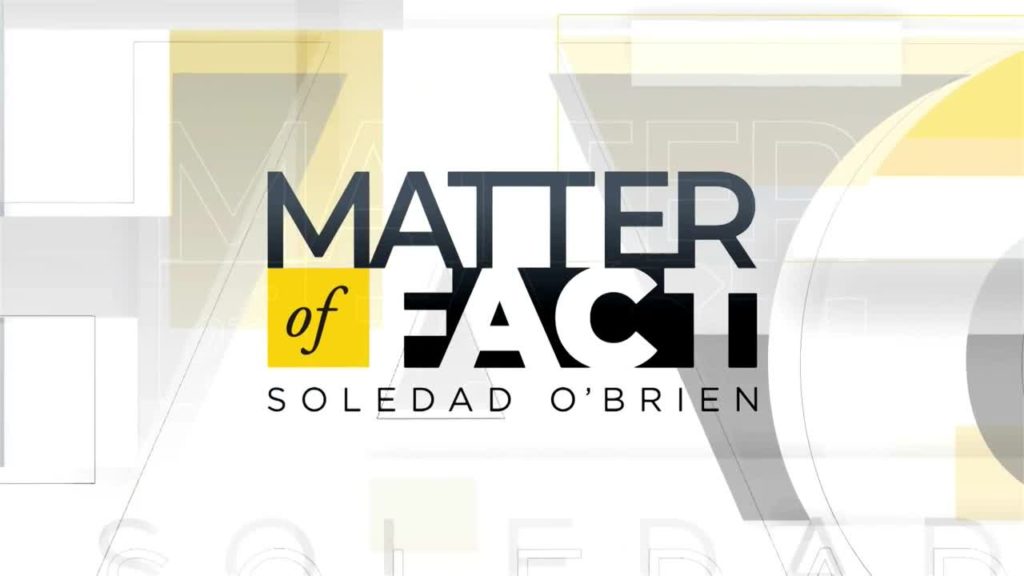
AUGUST 13, 2022
August 14, 2022AUGUST 13, 2022
August 14, 2022
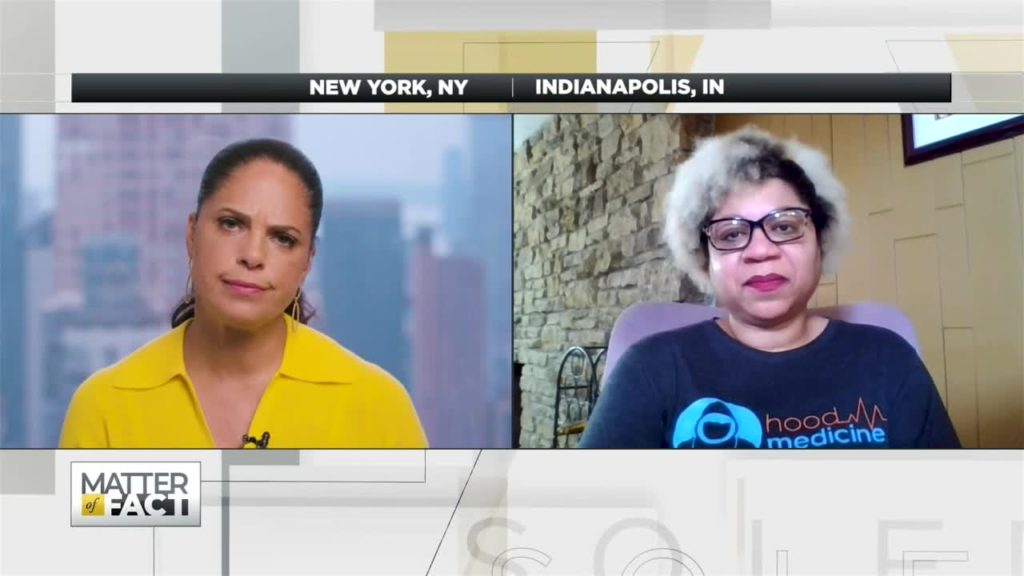
Hood Medicine Initiative Aims to Dispel Health Misinformation
August 14, 2022Hood Medicine Initiative Aims to Dispel Health Misinformation
August 14, 2022

Russian Invasion and Misinformation
March 6, 2022Russian Invasion and Misinformation
March 6, 2022
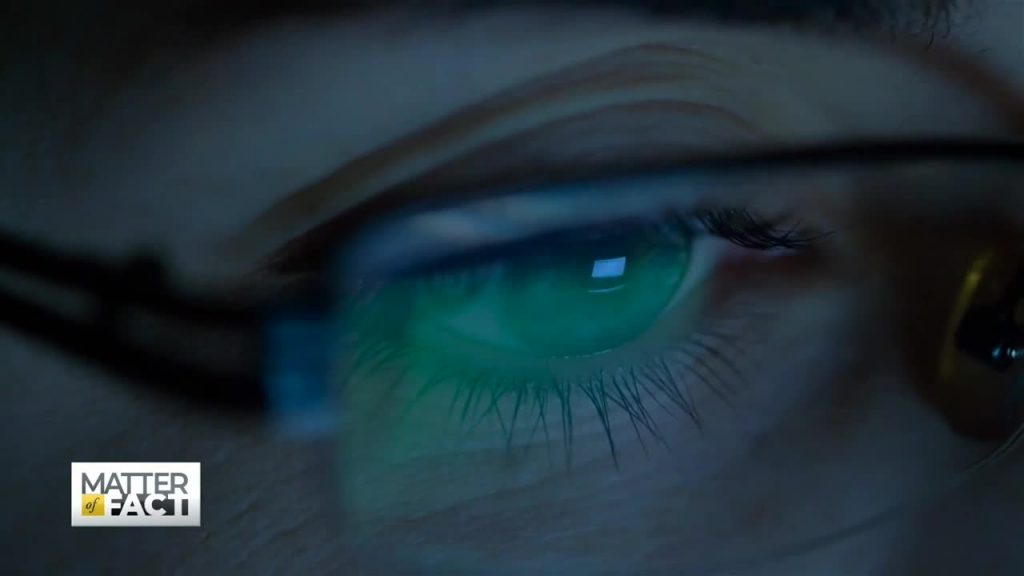
Figuring Out Fact From Fiction Online
December 13, 2020Figuring Out Fact From Fiction Online
December 13, 2020
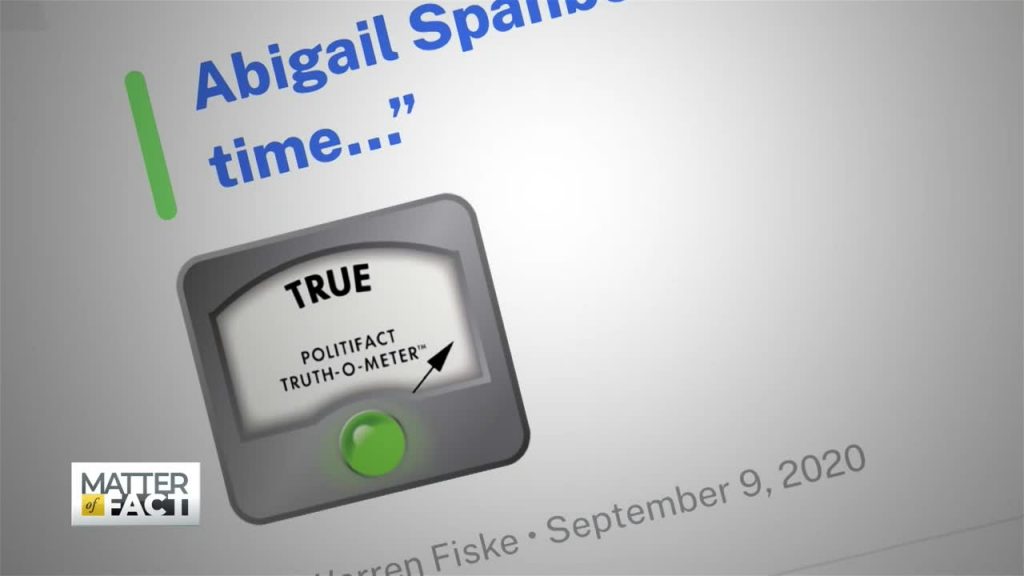
Getting the Facts Straight: Can You Tell Difference Between What’s Real and What’s Not?
September 20, 2020Getting the Facts Straight: Can You Tell Difference Between What’s Real and What’s Not?
September 20, 2020
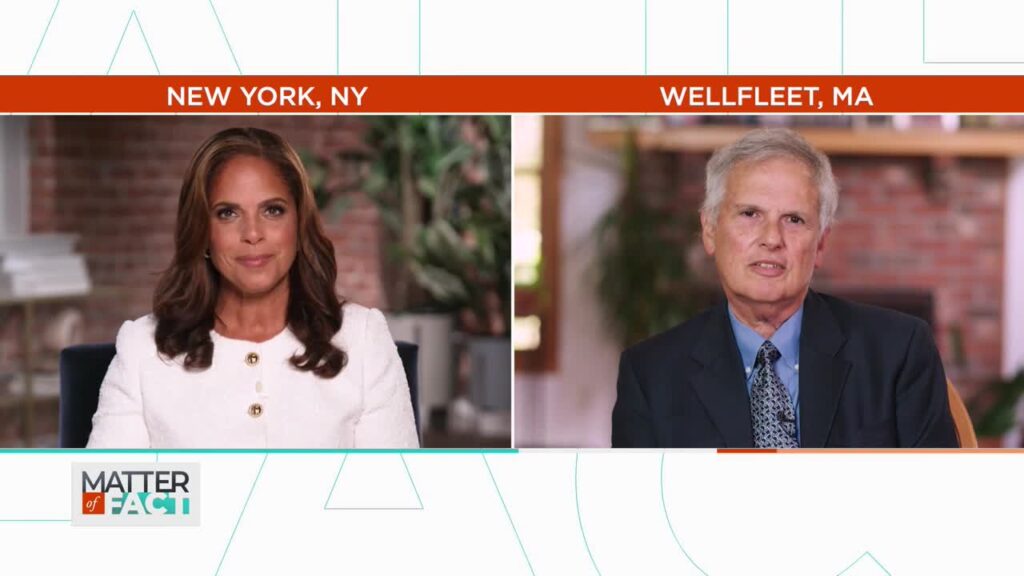
How the Vice Presidency Has Evolved
July 14, 2024How the Vice Presidency Has Evolved
July 14, 2024